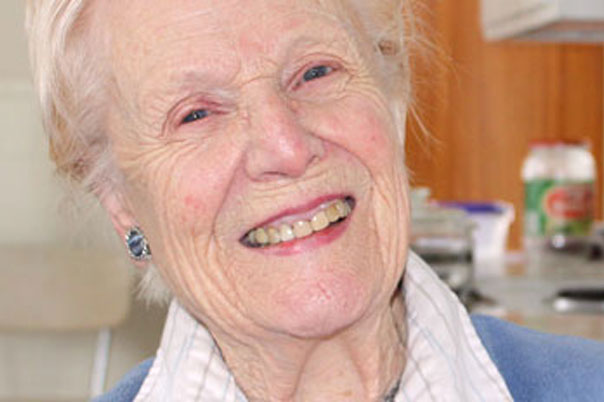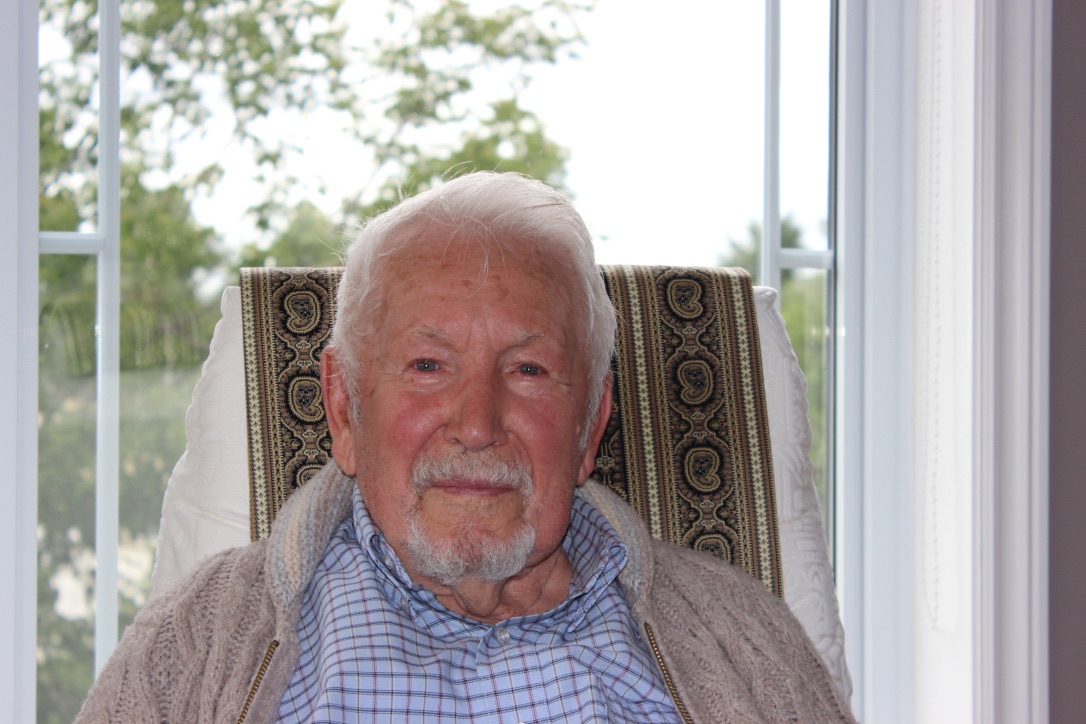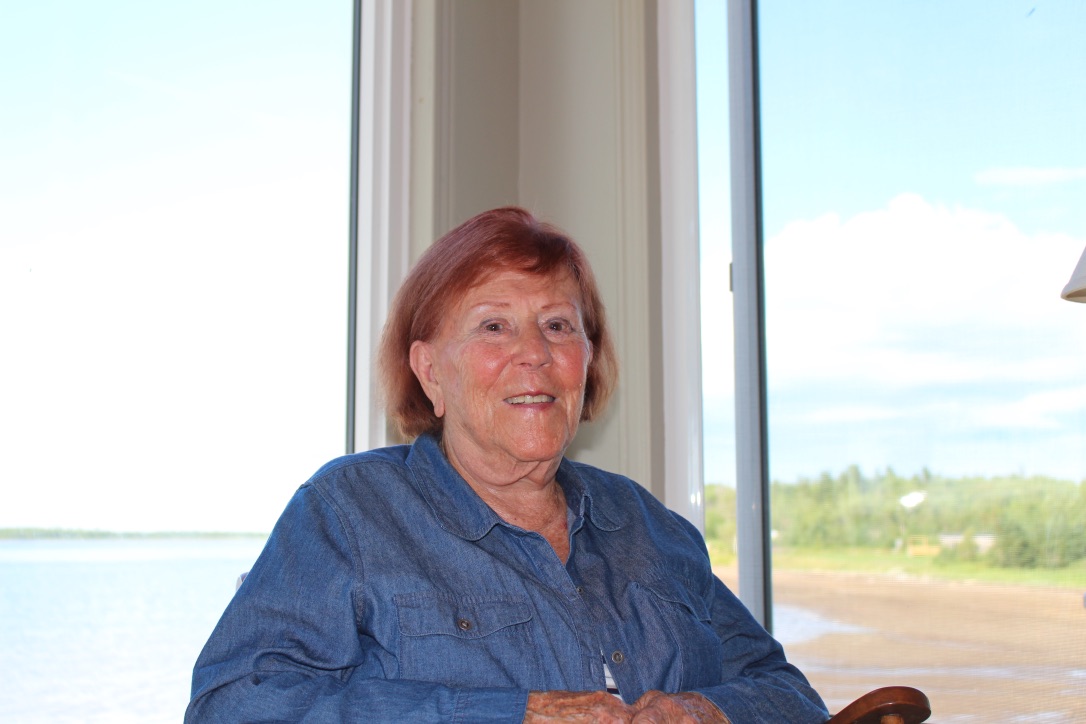Aging in Rural
New Brunswick
Project Summary
The purpose of our study was to examine the care from the perspective of the people receiving it. In this case, we interviewed elderly individuals living in rural New Brunswick. We talked to people from: Cap Pelé, Clair, Connors, Minto, Perth-Andover, Plaster Rock, and Stanley, to name a few. In this study, we focussed on how the delivery of care influenced their psychological, social, and physical well-being. Our study had the following research goals: 1) Chronicle the social organisation of health care and services and their influence on the lived experience of rural seniors; 2) Identify possible cultural, structural, and gendered barriers to achieving or maintaining health; 3) Examine schemata and coping mechanisms used by older individuals to make sense of institutional organising practices; and 4) Examine the psychological, physical, and social consequences of these practices.
We interviewed 23 elders living in rural New Brunswick. Interviews averaged 2 hours in length. Findings indicate that most elders rely excessively on family networks as their main support system to meet their general needs. Although inadequate, formal in-home care services (e.g., government-funded) are also crucial components in meeting the personal care needs of our elders in NB. We believe that the combination of family and government support enables elders to stay longer in their own home, a win-win situation for the individual and society.
Project Findings
Project Description
In Canada, in spite of challenges associated with the globalisation, capitalism and profit driven motives, our health care system has a history of being publicly funded and federally protected (Chappell & Penning, 2009). Eldercare, in particular, has been in the spotlight because of the changing demographics of the Canadian population. The number of Canadians 65 years and over now makes up 14.8% of the Canadian population (Statistics Canada, 2011) and it is projected to increase to about 23% by 2036 and 25% by 2061 after which it will decrease. It is important to note that the size of the working-age population is also projected to increase in absolute numbers and to never dip below 60% over the next 50 years.
The proportion of people aged 65 and over is growing faster in rural areas than in urban centres. This is attributed mostly to the younger, working-age population moving away from rural settings in search of employment (Statistics Canada, 2007). As a consequence, rural areas are facing increased challenges with respect to their seniors. In a US study, it was found that rural residents were experiencing insufficient availability of health care services and access (Larson & Fleishman, 2003). In rural England, communities are less able to attract and retain home care workers (Manthorpe et al., 2008). Research examining the links among seniors, care support, and rural environments is lacking in Canada.
Most Canadians are proud of their universal health care system, and believe it to be a very important social institution (Cheadle, 2012). Canadian elders have contributed to building the Canadian nation and supporting the health care system all their lives. It only seems right to expect that this system will be maintained and will support them in dignity through the late aging process. Yet, given the demographic changes occurring in Canada, unless governments can support elders in their homes, it can be anticipated that the demand for hospital health care and services will increase (Brink, 2004).
An ideal long-term solution should satisfy the elders’ needs while maintaining its cost-effectiveness. Thus, focusing on keeping elders in their own residence for as long as possible is a sensible avenue (Averill, 2003; Chapell et al., 2009). To successfully do so, care services must be adequate in their content, nature, organisation, and delivery, especially for elders living in rural environments.
References
Averill, J. (2003). Keys to the puzzle: Recognizing strengths in a rural community. Public Health Nursing, 20(6), 449-455.
Brink, S. (2004). Elder care: the nexus for family, work and health policy. Ottawa, ON.: Caledon Institute of Social Policy. Retrieved from: http://www.lib.unb.ca/.
Chappell, N. J., Dlitt, B.H., Havens, B., Hollander, M. J. Miller, J., & McWilliam, C. (2004). Comparative Costs of Home Care and Residential Care. The Gerontologist 44(3), 389-400. doi: 10.1093/geront/44.3.389
Chappell, N., & Penning, M. (2009). Understanding health, health care, and health policy in Canada: Sociological perspectives. Oxford University Press.
Cheadle, B. (2012, November 25). Canada symbols: universal health care a point of pride for Canada as monarchy support lags, poll shows. The Huffington Post. Retrieved from http://www.huffingtonpost.ca/2012/11/25/canada-symbols_n_2188161.html
Conference Board of Canada (CBOC). (2013). https://www.conferenceboard.ca/hcp/Details/society/elderly-poverty.aspx
Ipsos. (2012, September 29). Canadians say parliament’s focus should be on healthcare (68%), job creation (66%) and scaling back MP pensions (56%) as top priorities. Retrieved from https://www.ipsos.com/en-ca/canadians-say-parliaments-focus-should-be-healthcare-68-job-creation-66-and-scaling-back-mp
Larson, S. L., & Fleishman, J. A. (2003). Rural–Urban Differences in Usual Source of Care and Ambulatory Service Use. Analyses of National Data Using Urban Influence Codes.’’ Medical Care 41(7), 65–74.
Manthorpe, J., Steve I., Clough, R., Cornes, M., Bright, L., Moriarty, J., (2008). Older People Researching Social Issues. Elderly people’s perspectives on health and well-being in rural communities in England: Findings from the evaluation of the National Service Framework for Older People. Health and Social Care in the Community, 16(5), 460–468. doi: 10.1111/j.1365-2524.2007.00755.x
Statistics Canada (2007a). Portrait of the Canadian population in 2006, by age and sex, 2006 Census (Catalogue no. 97-551-XIE). Ottawa, Canada: Ministry of Industry.
Statistics Canada (2012). The Canadian population in 2011: Age and sex. Retrieved from http://www12.statcan.gc.ca/census-recensement/2011/as-sa/98-311-x/98-311-x2011001-eng.cfm
Statistics Canada (2012). Population by age group and sex, low-growth scenario. Retrieved from http://www.statcan.gc.ca/pub/91-520-x/2010001/t334-eng.htm
Publications
Gouliquer, L. & Poulin C. (In Progress). A crisis in health care: Rhetoric versus the lived reality of rural seniors. International Journal of Aging and Society.
Poulin, C. & Gouliquer, L. (In Progress). Aging at home in rural New Brunswick: Essentialising the role of family networks. Canadian Psychology/Psychologie canadienne.
Poulin, C. & Gouliquer, L. (In Progress). Aging at home in rural New Brunswick: Problematising the role of family networks. Canadian Journal on Aging.
Gouliquer, L. & Poulin, C. (In Progress). The role of pets in the lives of elders in rural New Brunswick.
Presentations
Silva, C.F., Poulin, C., & Gouliquer, L. (2014). Formal and informal care: What do Brazilian and Canadian elders have to say? 31st Qualitative Analysis Conference – Brescia University, London, ON (25-27 June).
Gouliquer, L. & Poulin C. (November 8-9, 2013). A Crisis in Health Care: Rhetoric versus the Lived-Reality of Rural Seniors. Presented at the meeting of Aging & Society Conference, Chicago, Illinois.
Gouliquer, L. & Poulin C. (June 13-15, 2013). Aging at home in rural New Brunswick: Essentialising the role of family networks. Presented at the meeting of Canadian Psychological Association, Quebec City, Quebec.
Gouliquer, L. & Poulin C. (May 23-25, 2013). A Feminist Interdisciplinary Methodology: The Psycho-Social Ethnography of the Commonplace (P-SEC). Presented at the meeting of Qualitative Analysis Conference, Ottawa, Ontario.
Gouliquer, L. & Poulin C. (November 7-8, 2012).Vieillir chez soi : La voix des aînés du Nouveau-Brunswick / Aging at home: The voices of rural New Brunswick Seniors. Presented at the meeting of New Brunswick Health Research Foundation, Fredericton, New Brunswick.
Purpose and Importance
of this Study
Overall goal: Shed light on the organisation and delivery of care (formal & informal) from the perspective of elders in rural New Brunswick.
Document how NB rural elders make sense of their “lifeworld” in terms of their wellbeing (psychological, social, & physical) and the health care they receive.
Understand how they cope with any disjuncture between their psychosocial and physical care needs, and their actual access to services.
Generate policy recommendations to government departments, health and home care services, and volunteer services.
Provide information that is useful for the enhancement of all care networks.
Facts
Nearly all Canadians are proud of their universal health care system, and believe it to be a very important Canadian institution (Cheadle, 2012)
Two out of three Canadians believe the health care system is in need of improvement (Ipsos, 2012)
Poverty rates have been trending upwards since the 1990’s. (CBOC, 2013)
Support for this Study









